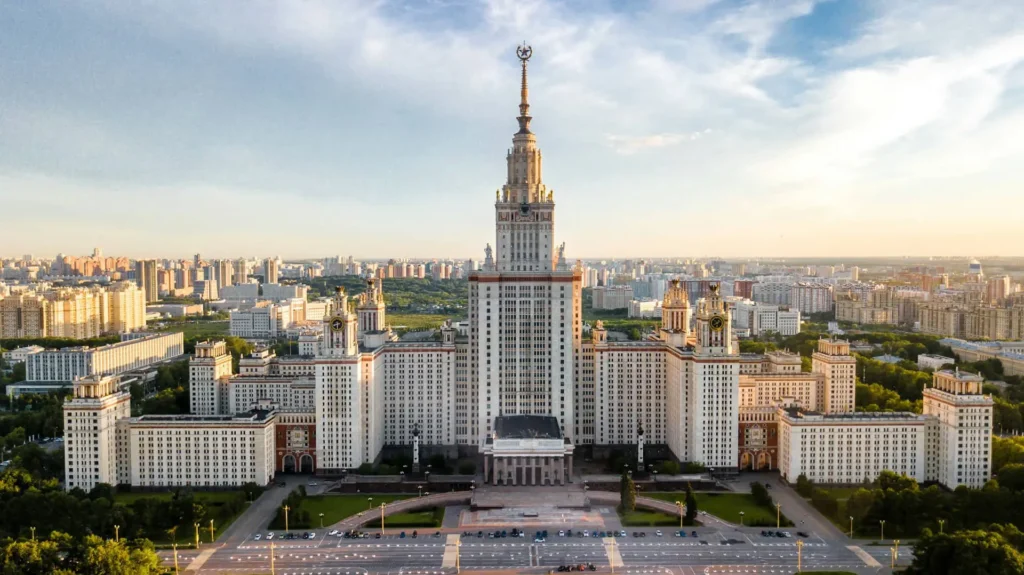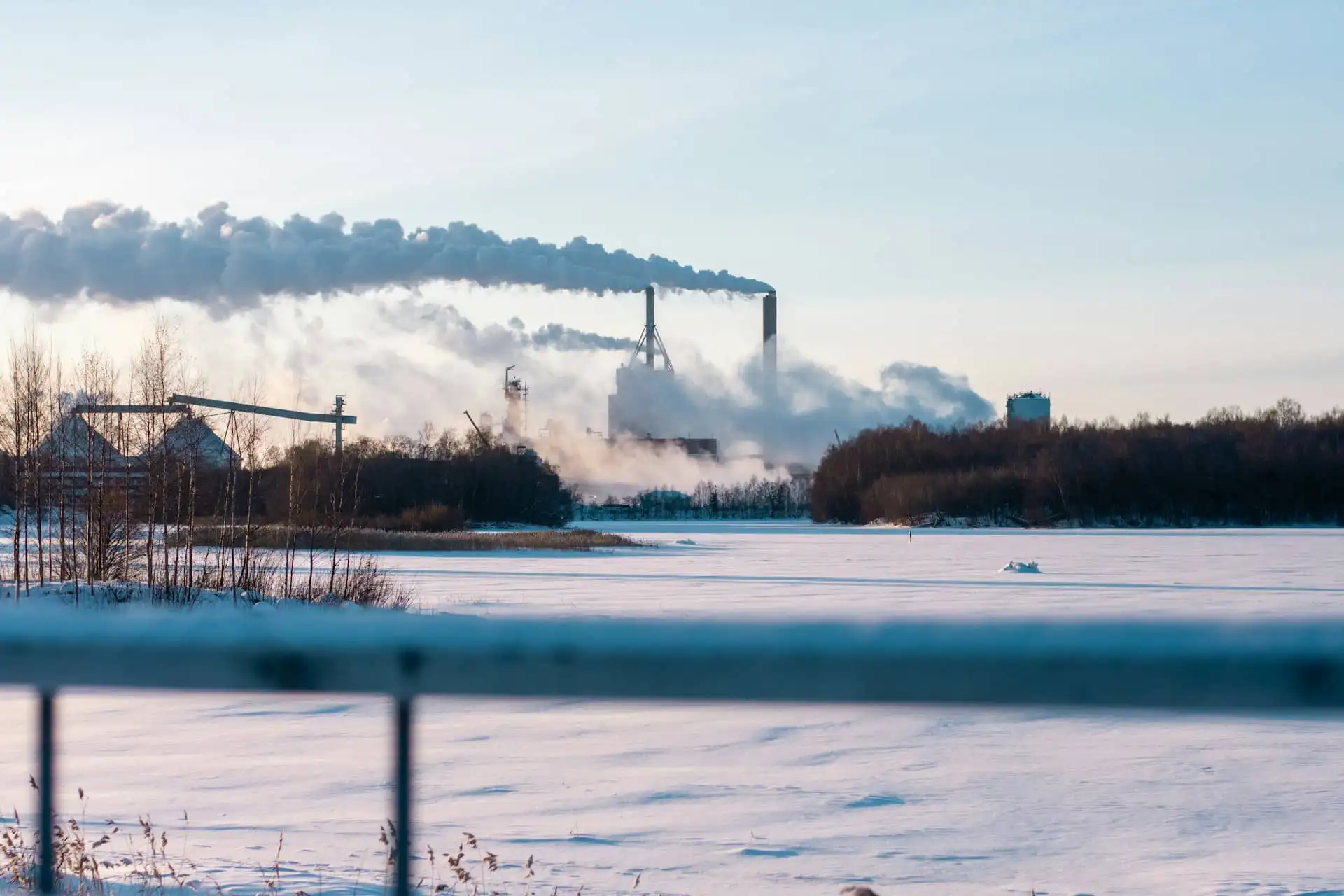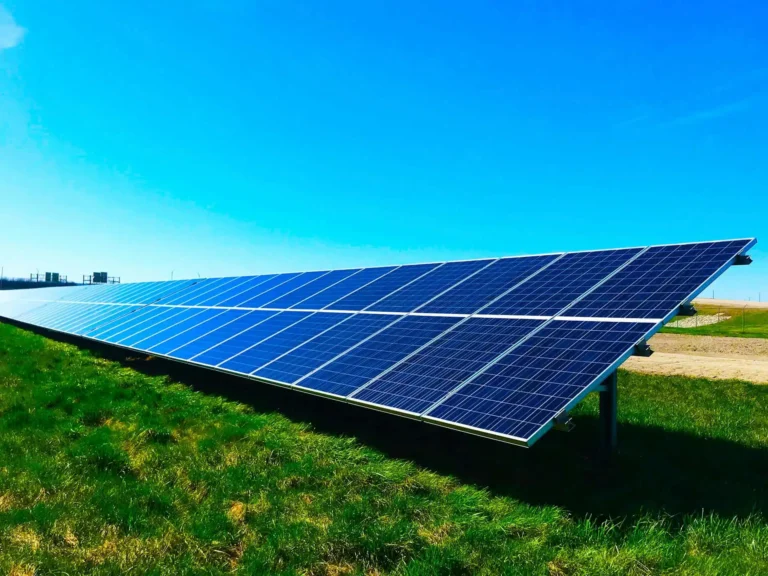Air pollution is not just an environmental issue; it’s a costly burden on the global economy, costing trillions of dollars annually. The economic toll of dirty air comes from its wide-ranging impacts on human health, productivity, and infrastructure, making it one of the most expensive environmental problems we face today.
One of the primary costs of air pollution is its impact on human health. Polluted air, laden with harmful particles like PM2.5, nitrogen oxides, and sulfur dioxide, is a major contributor to respiratory diseases, heart conditions, strokes, and even cancer. According to the World Health Organization (WHO), air pollution is responsible for over 7 million premature deaths each year. The healthcare costs associated with treating these conditions are enormous, putting significant strain on health systems worldwide. In addition, the loss of life and reduced quality of life translate to economic losses through decreased productivity and increased healthcare spending.
Air pollution also has a direct effect on the workforce. Exposure to dirty air reduces the productivity of workers, particularly those in outdoor and physically demanding jobs. Studies have shown that high levels of air pollution can lead to fatigue, cognitive impairment, and increased absenteeism, all of which undermine economic output. For businesses, this means lower efficiency, higher costs, and decreased competitiveness in the global market.
The economic impact of air pollution extends beyond human health and productivity. It also damages infrastructure, with corrosive pollutants causing wear and tear on buildings, bridges, and other structures. Acid rain, a byproduct of air pollution, accelerates the degradation of materials like steel and concrete, leading to higher maintenance and replacement costs. These expenses, though often hidden, add up significantly and contribute to the overall economic burden of polluted air.










Agriculture is another sector that suffers from air pollution. Pollutants like ozone can impair plant growth and reduce crop yields, affecting food security and agricultural revenues. In regions heavily dependent on agriculture, the economic losses from reduced crop productivity can be devastating, affecting the livelihoods of millions of farmers and driving up food prices.
Moreover, air pollution has indirect economic costs, including lost tourism revenue and decreased property values in polluted areas. The perception of poor air quality can deter tourists and potential investors, affecting local economies. Additionally, governments are forced to allocate funds to mitigate pollution, implement regulations, and clean up the environment, diverting resources from other essential areas.
In conclusion, the trillions lost annually due to air pollution highlight the urgent need for global action. Investing in clean energy, stricter emission standards, and green urban planning can reduce air pollution and its associated costs, creating healthier environments and more resilient economies. Reducing air pollution is not just an environmental imperative; it is an economic necessity that can save lives and billions of dollars every year.
















